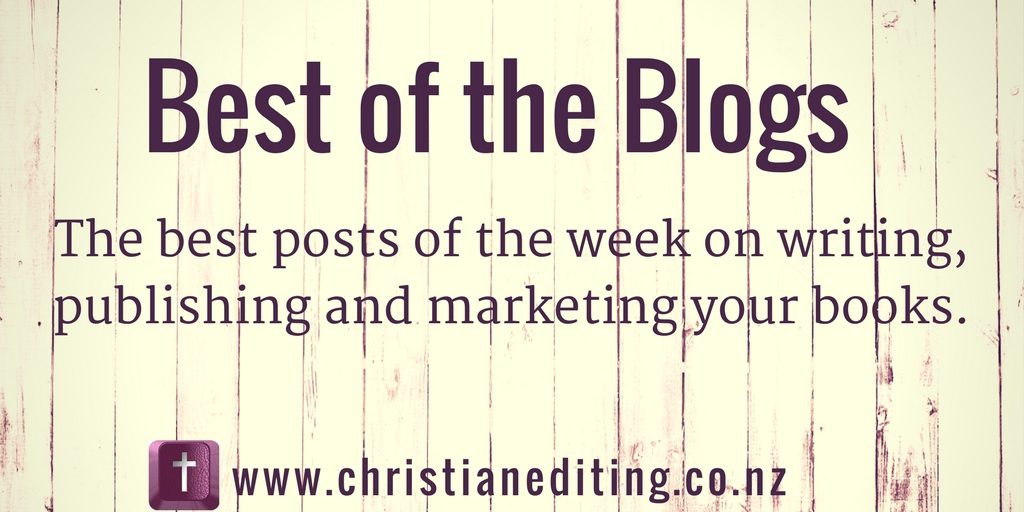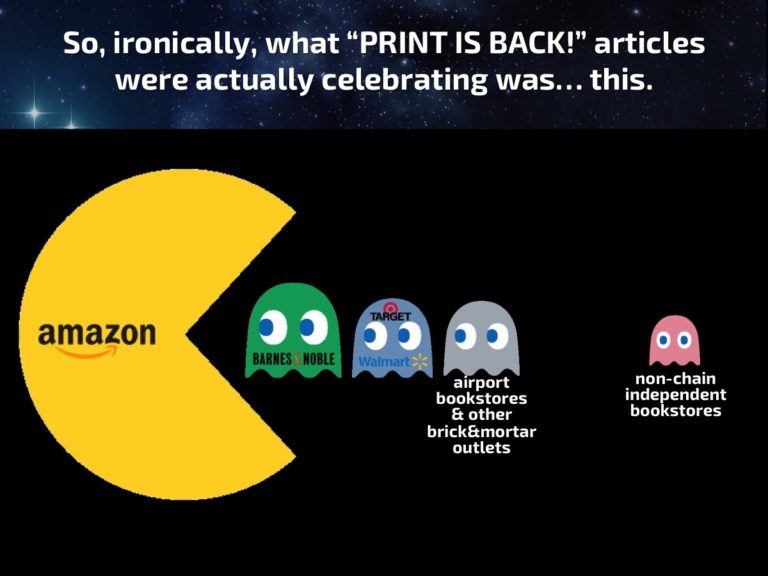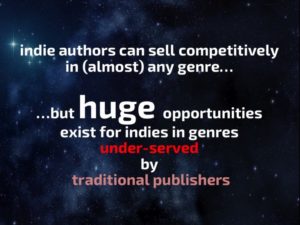Six of the best blog posts this week in writing, editing, publishing, and marketing.
Writing
Skills Writers Need
Frances Caballo from Social Media Just for Writers visits The Book Designer to share 5 Skills Every Writer Should Develop. I don’t think each point should get equal weighting: learning writing craft is far and away the most important skill. And I think I’d substitute building a website and email list for blogging (I agree non-fiction authors need to blog. I’m not convinced that fiction authors must blog. But they do need an email list).
What do you think?
https://www.thebookdesigner.com/2017/06/5-skills-every-writer-should-develop/
Writing Effective Backstory
An excellent post with practical tips on how to drop in your backstory, from Kathryn Craft via Writer Unboxed. I especially like her idea about using continuity words—a new term to me, but one I’m going to remember (and apply).
The (Social) Rules
Literary agent Donald Maass visits Writer Unboxed to ask What Are the Rules? When I read the headline, I thought he was going to be talking about writing rules. Because, you know, he writes books like Writing the Breakout Novel.
But no. He’s talking about the unwritten social rules we all live by, and asking which of those we bring into the lives of our fictional characters. Take food as an example. For those stuck in poverty, the main concern is quantity—is there enough? For the middle classes, the concern is quality—did you like it? But for the wealthiest among us, the concern is presentation. Hmm …
Characters
Author Sonja Yoerg visits Writers Digest to share her tips on writing mentally ill characters. As she points out, up to one in five people have some form of mental illness. As authors, we have a responsibility for getting the details right and building a rounded character who suffers from a mental illness:
Mental illness can be debilitating and all-consuming, but it does not define a person. That job still rests with the writer.
Publishing
What Authors Earn
Written Word Media share the results of their latest survey into author earnings. The result which surprised me was how little people claim to spend on editing (often less than they spend on cover design). I get that cover design is important to attract a potential reader, but it takes a lot longer to edit a novel than it does to design a cover, and it’s the quality of the writing and editing that turns a casual buyer into a reader and fan.
Amazon Book Sales
Last week I commented on the kerfuffle around Amazon’s changes to the buy button. Kara Isaac visited Australasian Christian Writers this week to share her view in Buy New, Get Secondhand? If you’re buying a paper book from Amazon, make sure the book ships from and is sold by Amazon. If you buy from a reseller, it’s likely that the book is secondhand. This means the author doesn’t receive a royalty on the sale.
Or buy the ebook—the author probably earns a higher royalty on the ebook sale. Or ask your library to order a copy, or borrow the ebook from your library if you have that option. Remember, authors are paid for library copies and some are even paid more if the book is borrowed more.




